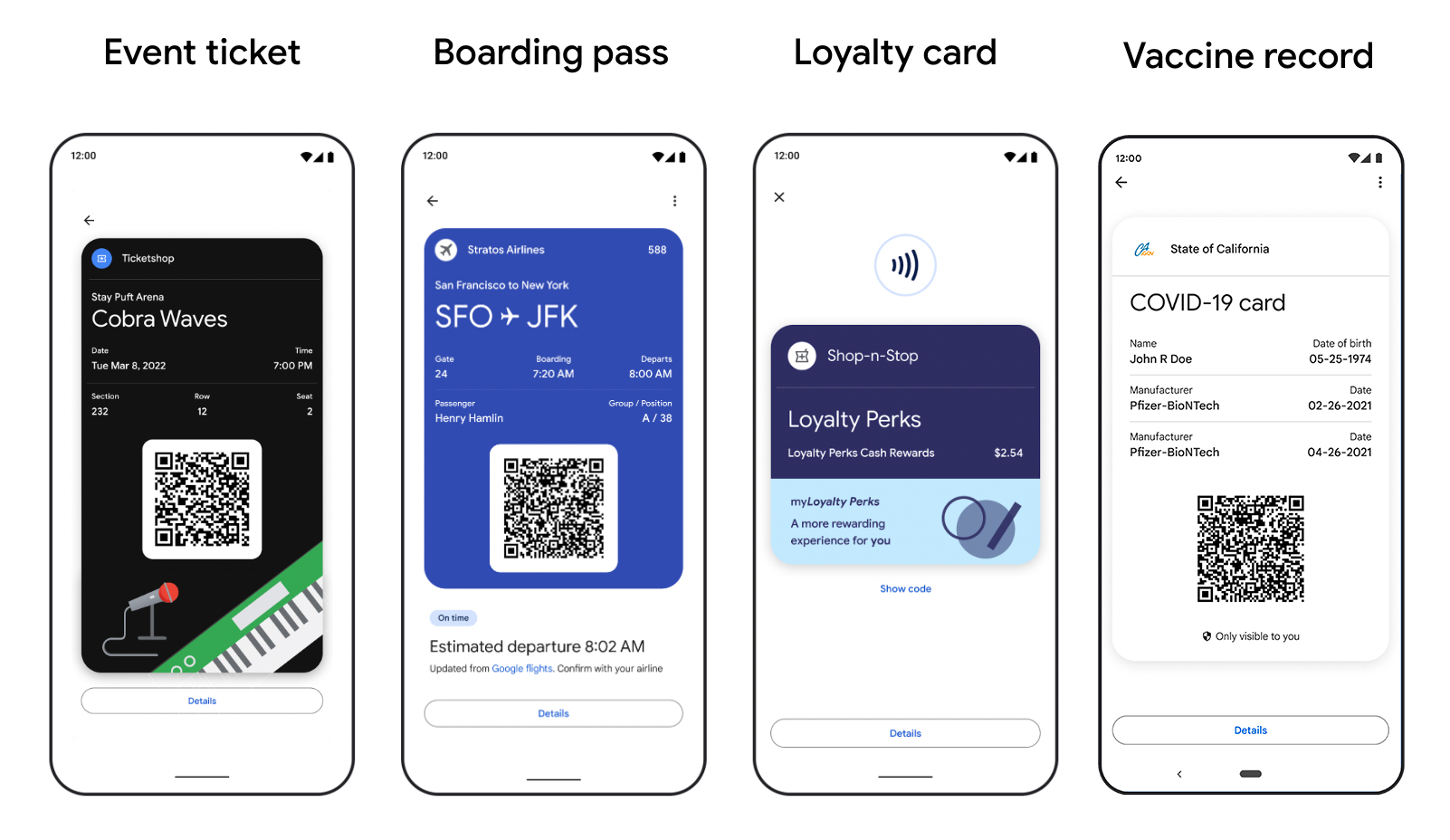In the world of digital payments, Android users are witnessing a significant change as Google Pay has evolved into Google Wallet, an improved version with exciting new features. The transformation from Google Pay to Google Wallet is more than a mere rebranding; it’s an upgrade that offers users a comprehensive platform for managing various aspects of their digital lives.
Google Wallet, introduced in 2022, builds upon the foundation laid by Google Pay and Android Pay, maintaining the basic functionality of providing a digital platform for contactless transactions. Like its predecessor, Google Wallet allows users to store their payment cards on their phones, offering a quick and convenient checkout process in places where Google Pay is accepted.
Google Wallet have the ability to capture photos of any card or pass with a barcode or QR code and save it directly to the wallet. This feature extends support to cards that weren’t previously compatible with Google Wallet, such as gym membership cards. When users need to use these cards, they can simply open the Google Wallet app, select the appropriate card or pass, and the barcode or QR code will display on the screen.
Healthcare hasn’t been left out of this digital revolution either. Google is partnering with Humana to support health insurance cards on Google Wallet. These cards will be stored as a ‘private pass,’ which means users can only access them with a PIN or fingerprint, enhancing the security of sensitive health insurance information.
Google Wallet is now extending its services to include identification storage. In a significant development, residents of Maryland are now permitted to store their state IDs, including driver’s licenses and student IDs, in Google Wallet. The same functionality is expected to roll out in Arizona, Colorado, and Georgia in the near future. The platform also offers the ability to save company IDs and badges to Android phones, further reducing the need to carry physical documents.
Google Wallet is also making strides in automotive technology by introducing digital car keys. Users can now securely store digital keys to their cars in Google Wallet, enabling them to unlock their vehicles by simply holding their phones to the car door handle. Although this feature is currently available only for select BMW models, it is expected to extend to additional car models soon.
Google Wallet aims to be the hub for all event and travel tickets. Users can save tickets for shows, sports events, train rides, and boarding passes directly on Google Wallet. To ensure users don’t miss their events, Google Wallet will automatically surface the ticket on the day of the event.
Google’s move to transition Google Pay into Google Wallet underlines the company’s commitment to creating a comprehensive, secure, and user-friendly digital platform. By accommodating a variety of cards, tickets, and even digital car keys, Google Wallet is not just a payment app anymore; it’s a full-fledged digital wallet, bringing real-world wallets into the digital age.
































































